Teach your students to understand and manage their emotions with this comprehensive teaching presentation for your social-emotional learning lessons.
Teach Your Students to Understand Their Emotions
Emotions can be confusing to deal with, even as adults. It’s no wonder our littlest learners can sometimes be overwhelmed by them! Whether they are feeling sad because they were left out of a game at playtime, angry because someone else has the toy they want to play with, or happy because they did something new for the very first time, it is safe to say that our students experience a rainbow of emotions on any given day in our classrooms!
At Teach Starter, we understand how important our students’ social-emotional development is to their overall well-being. Emotional awareness aids our students’ relationships and helps them to interact with others (and themselves!) in a healthy and positive manner. We’re committed to producing quality, age-appropriate resources for you to use in your classroom to help your students become successful and well-rounded human beings!
This 27-slide teaching presentation has been created by our experienced teacher team to help you introduce some of the more common human emotions to your younger learners. The presentation explains what each emotion is, how it might be triggered and how it might feel in the body. It also suggests some strategies that could be applied to cope with each emotion.
The emotions featured in this presentation are:
- Fear
- Sadness
- Worry
- Anger
- Happiness
To keep your students engaged throughout, a learner-centred activity has been included at the end of the set of slides for each emotion. These activities include Turn and Talk, Four Corners, and Stop and Jot.
This instructional slide deck downloads as a Google Slides presentation.
Emotional awareness is a lifelong skill. As with most lifelong skills, the learning begins in the primary school classroom! This resource will make an election addition to your suite of social-emotional learning resources focused on emotional self-regulation and healthy coping skills.
Healthy Tips for Managing Emotions
If our students don’t learn to manage their emotions in an appropriate way, it can cause them to behave inappropriately. Thankfully, there are many strategies our students can use to manage overwhelming emotions when they arise. The coping strategies featured in this presentation are healthy coping skills that will maintain and nurture relationships, rather than damaging them!
The healthy coping skills featured in this presentation are:
- Take deep breaths
- Count to ten
- Think happy thoughts
- Say calm words
- Talk to someone
- Play a game
- Write or draw
- Cry
- Listen to music
- Play with a pet
- Distract yourself
- Ask for a hug
- Blow bubbles
- Squeeze something soft
- Do some exercise
- Scribble on paper
- Dance
- Ask for high fives
- Cheer or chant
- Sing a song
Download This Understanding Emotions Slide Deck
Use the dropdown menu next to the Download button to access the Google Slides version of this resource. (Note: You will be prompted to make a copy of the Google Slides presentation before accessing it.)
Project the resource onto your screen and work through the slides as a class for a paperless lesson!
This resource was created by Lisamarie Del Valle, a teacher in Florida and a Teach Starter collaborator.
More Teacher-Created Emotions Resources
Looking for more activities to enhance your students’ emotional awareness? Explore this great selection of teacher-created resources!
[resource:5011339] [resource:5009965] [resource:5006345]
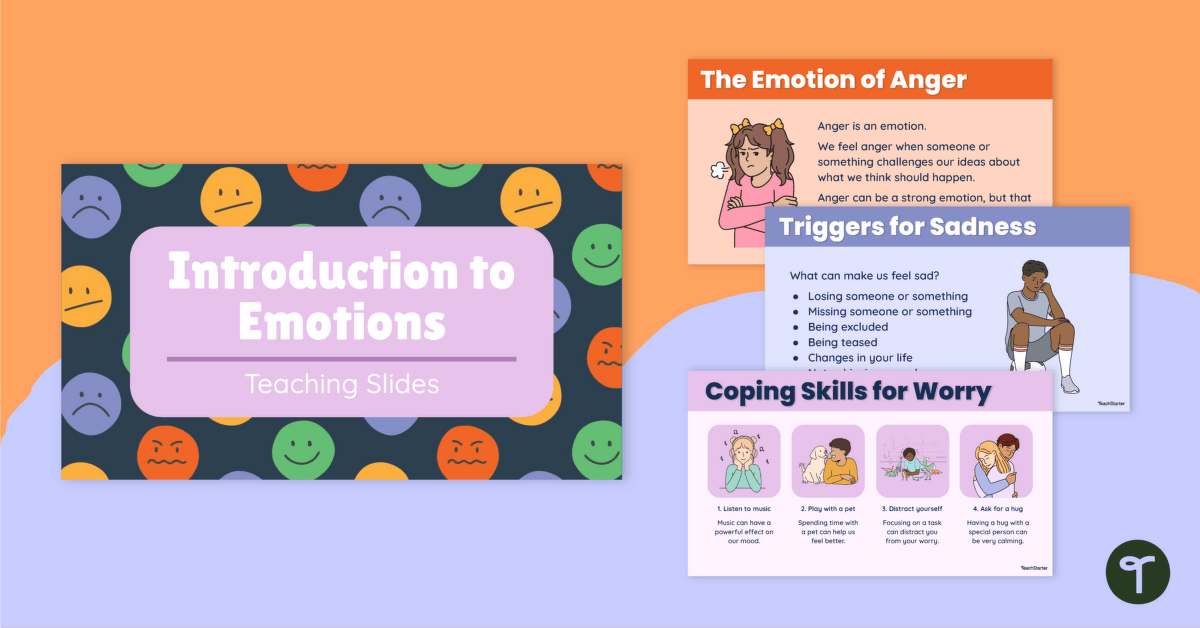

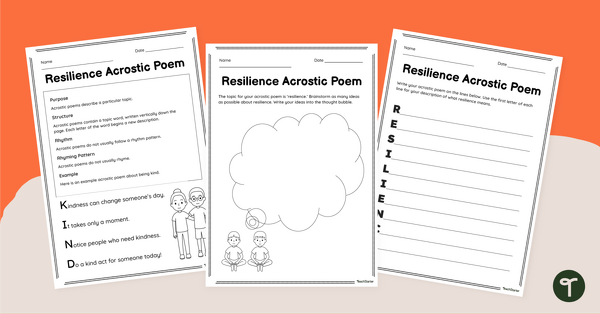
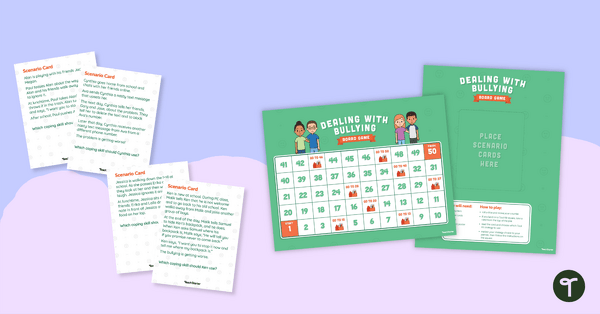
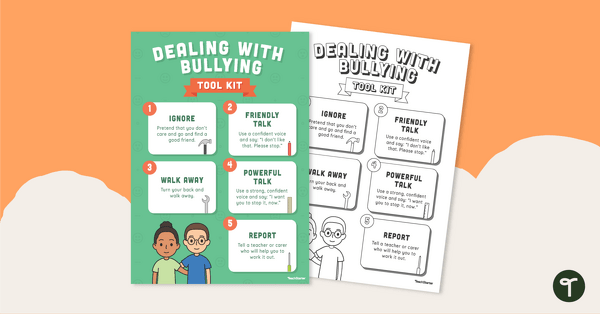
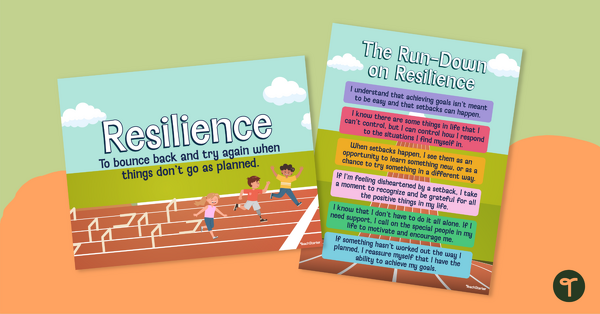
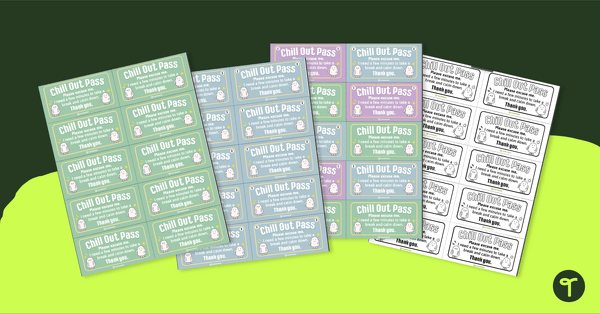
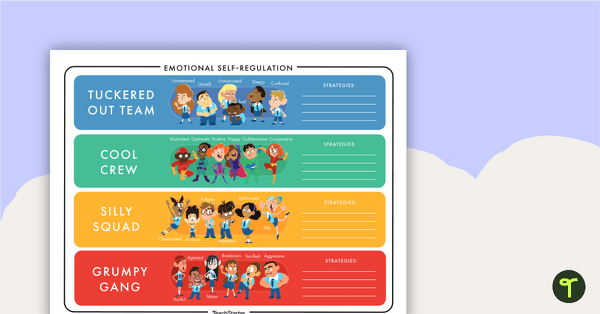
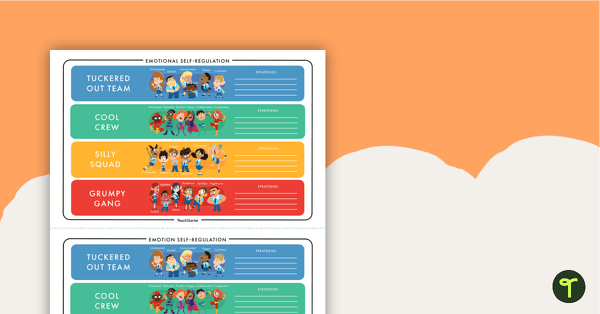
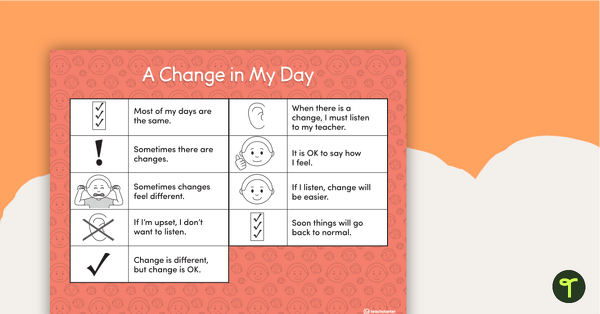
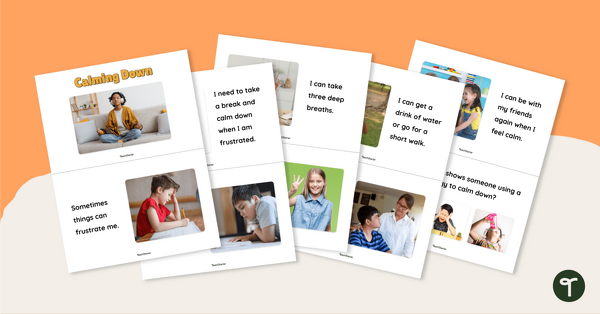
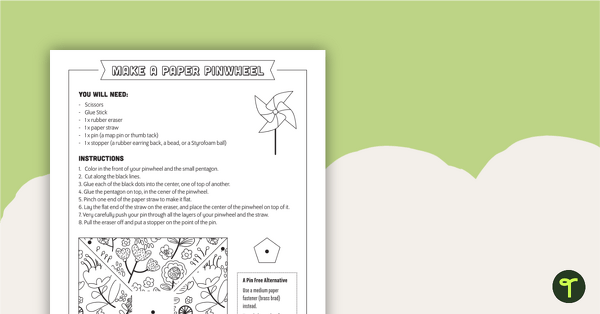
0 Comments
Write a review to help other teachers and parents like yourself. If you'd like to request a change to this resource, or report an error, select the corresponding tab above.